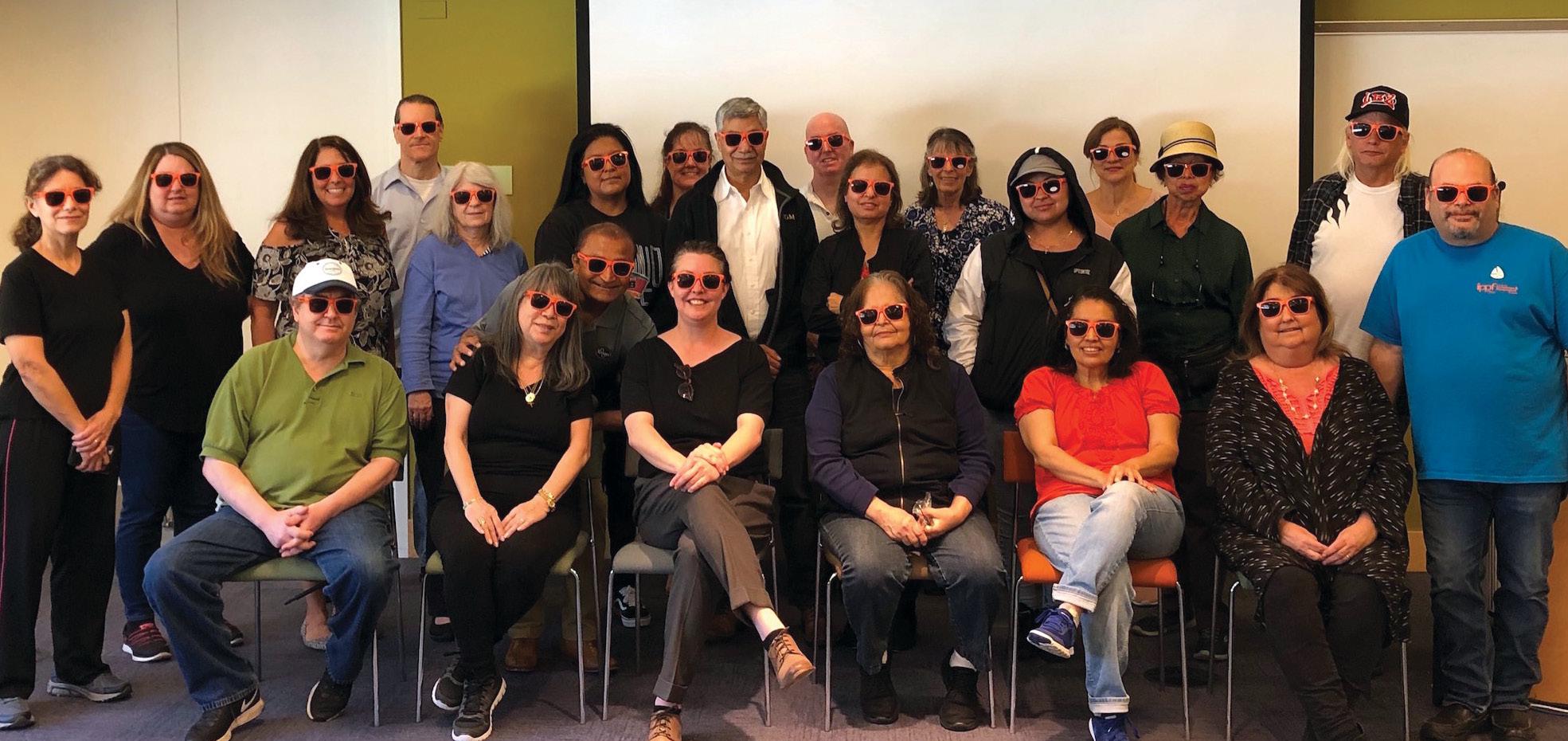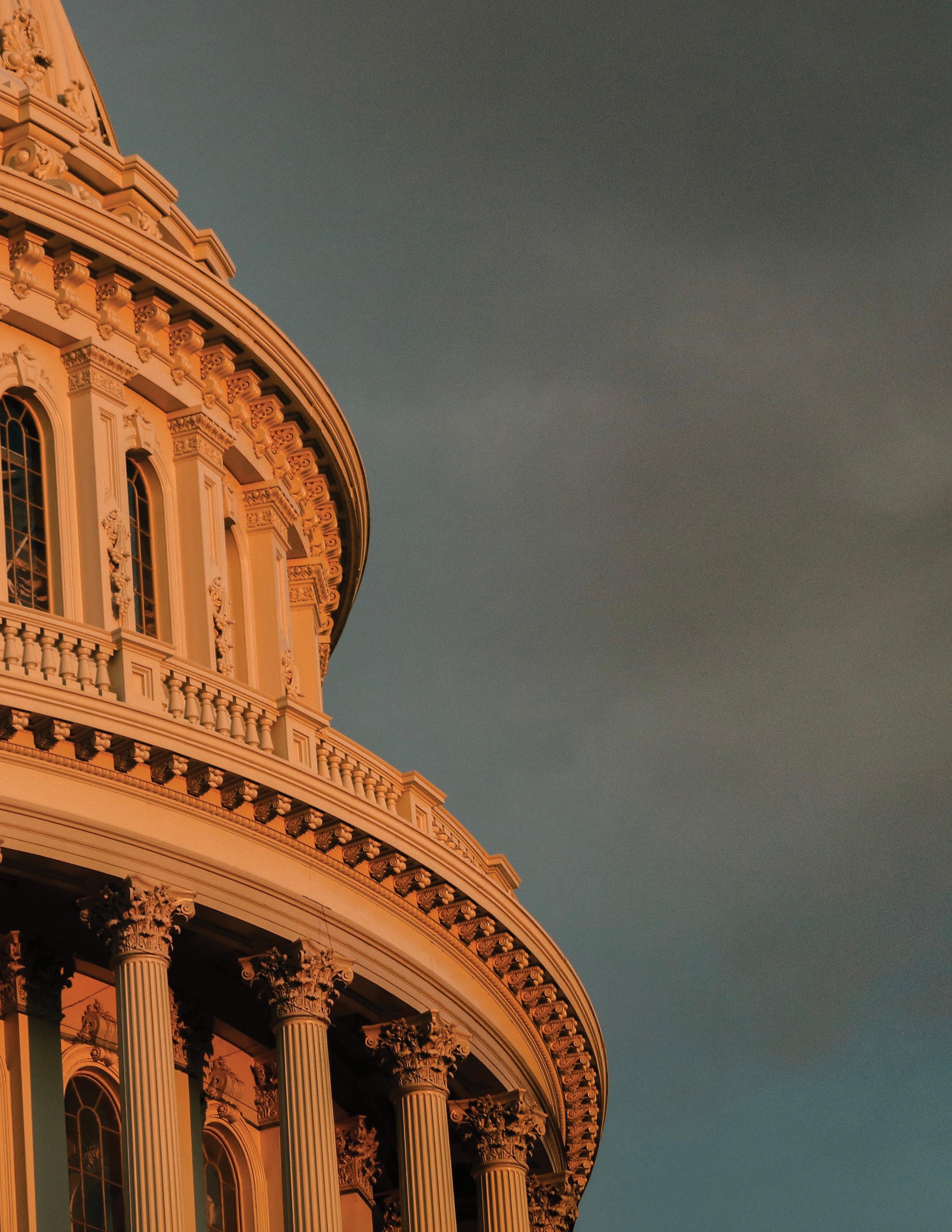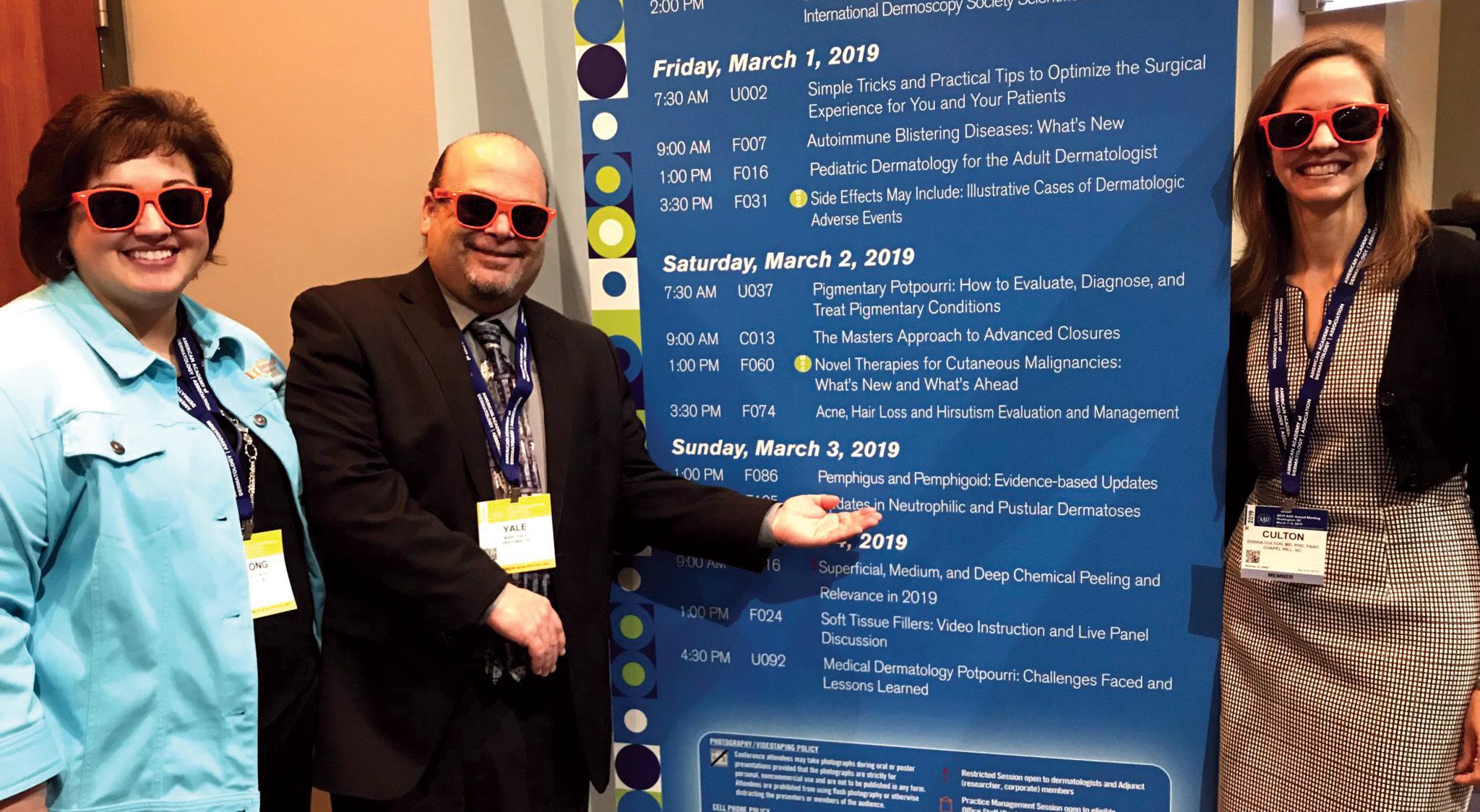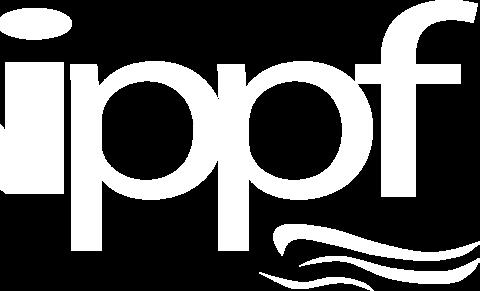What is advocacy?
Becky Strong
W
hen you hear the IPPF talk about advocating for you, what does it mean? What is the IPPF doing to help pemphigus and pemphigoid (P/P) patients? How does the IPPF spread the message to help you get the care you need? Let’s take a deep dive into IPPF advocacy efforts.
What is advocacy?
Advocacy is defined as public support or recommendation for a particular cause. Advocacy is different from lobbying, which looks to influence a particular elected official or legislation. Advocacy can take place on local, state, or federal levels of government. The IPPF mainly advocates for patients at the federal level, but we encourage our community to support grassroots efforts through various umbrella organizations.
What is an umbrella organization?
The IPPF is a member of umbrella organizations, including the National Organization for Rare Disorders (NORD), Rare Disease Legislative Advocates (RDLA), the International Alliance of Dermatology Patient Organizations (IADPO, also known as Global Skin), the Coalition of Skin Diseases (CSD), Global Genes, and the American Academy of Dermatology (AAD). Umbrella organizations are larger than the IPPF and often
14
Quarterly | Winter 2020
include smaller organizations that support patients of specific rare diseases or dermatological conditions. Umbrella organizations often dedicate a portion of their operating budget to research and advocacy priorities that affect their member organizations. They reach out to patient organizations to promote new legislation through “sign-on letters,” where organizations pledge their support and encourage their members to reach out to their congressional representatives. The IPPF uses the reach of these umbrella organizations to plan large events, like Rare Disease Week on Capitol Hill and Rare Across America, and open doors to political offices through appointments on Capitol Hill and in district offices. Many times, the IPPF is able to meet directly with voting members of Congress on both Capitol Hill and in their district offices. Since it is important to reach as many members of Congress as possible, the IPPF notifies our community about these opportunities to advocate for rare diseases. Your voice is a vital part in getting bills passed that affect P/P patients. You may hear that the IPPF has “signed on” to support a letter, recommendation, act, or piece of legislation moving through Congress. This means that IPPF Executive Director, Marc Yale, has added the IPPF to the list of organizations that support that
www.pemphigus.org













